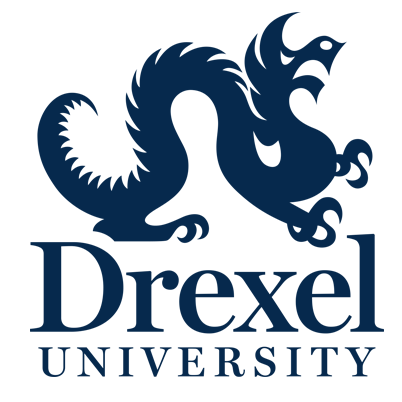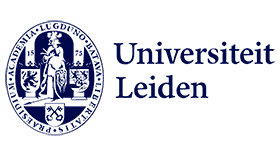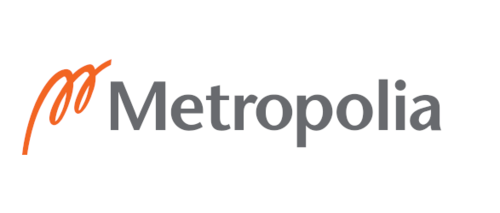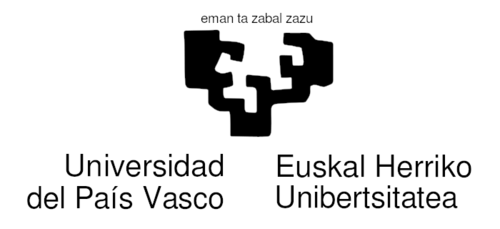Project Toolip − the toolbox for global digital learning
After running for almost four years, the HAW.International project "Toolip - Toolbox for Global Digital Learning", funded by the DAAD with around one million euros, came to a successful end in December 2023.
Thanks to the project’s pioneering focus on online cooperation and -collaboration formats as well as short-term mobility the HWR Berlin was well equipped to weather the switch to online teaching. Formats could be trialled in order to enable students to engage in international exchange at a time when the world was at a standstill.
Developing digital teaching and learning forms
Together with international partner universities, the TOOLIP project team at the HWR Berlin developed and trialled digital forms of teaching and learning.
The building blocks of the project included:
01
Virtual Global Classrooms
Virtual Global Classrooms refer to virtual exchange and collaboration between the HWR Berlin and its international partner universities, also known as COIL projects. Teachers from different universities join forces to enable students to work together internationally. The formats can range from joint lectures to internationally mixed teams of students working virtually on a common problem. This enables students to improve their language skills, develop their intercultural competence and teamwork skills thereby preparing them for their future working lives, in an increasingly global and digital world. Thanks to the these virtual formats, students who would otherwise not have the opportunity to spend time abroad could also gain international experience. During the project period, 27 COIL projects were carried out with over 600 HWR students taking part.
02
Short-term mobility
This refers to blended mobility formats: specifically two forms of short-term mobility complemented by virtual collaboration were trialled. Firstly, the Berlin International Week took place once a year at the HWR Berlin. At this event, HWR Berlin students, together with students from partner universities, lecturers and international experts, dedicated themselves to a specific topic, which they worked on in an interdisciplinary manner in workshops, seminars, project work, field trips and corporate talks. The Berlin International Week focussed on the topic of "Sustainability and Responsibility". The Toolip project supported the participation of numerous international and national guest lecturers and experts as well as over 200 students, including almost 100 international students.
Secondly, in-person excursions enabled students to travel to partner universities abroad or for international students to come to the HWR Berlin. For example, students were able to work on, complete or present projects that had been started digitally in Global Classrooms. Study trips were organised to Philadelphia, Leiden, Liverpool and Helsinki and numerous student groups were welcomed to the HWR Berlin. Several students received financial support to attend summer schools at the University of Liverpool, Sungkyunkwan University in Seoul and Metropolia University in Finland.
I would have thought that the whole trip would be more stressful and we wouldn't have much time to exchange ideas. It was super helpful that we could talk about our ideas in between. Getting out of the daily routine for a change. It's so inspiring!
03
Scholarships for semesters and internships abroad
Students who have taken part in a Virtual Global Classroom and/or a short-term mobility programme often want more. The benefits of international cooperation often outweigh the obstacles that prevent students from taking part in a longer exchange programme. As part of Toolip, almost 30 semester scholarships were awarded to incoming students and to HWR students who went to Drexel University in the USA and Sungkyunkwan University in South Korea for a semester abroad.
04
The toolbox includes formats, tools and methods
The experience gained in the area of international digital exchange is recorded in our "Toolbox". This can be accessed by teaching staff via the Moodle course: "Virtual exchange and COIL projects at the HWR Berlin". The course is full of useful information and will be further revised in the coming weeks and supplemented by a toolip area. In the course, you can find regular updates on interesting further education seminars in the field of COIL, in which international partners can also participate.
At the end of the project, there will be a well-equipped toolbox that all interested parties can access to create more and better digital learning opportunities. This is because the format not only benefits students, but also the teaching staff and the university. Lecturers, just like students, expand their intercultural competence and learn to work together in international teaching teams. The HWR Berlin becomes more attractive for students and future international partners through a broad and innovative digital offer.
Toolip takes the internationalisation of the HWR Berlin to a new level. We involve international partner universities and partner companies and thus ensure the success of the practice-oriented projects.
The HWR Berlin's internationalisation initiative in the field of virtual exchange and COIL is forging ahead
The aim of the initiative is to further roll-out the promotion and testing of virtual and hybrid international teaching formats and to ensure their longer-term implementation. These efforts are being spearheaded by Erica Callery (Coordinator of the Berlin Universities' BeCOIL Project) and Jana Baier-Kohl and Lina Nientimp (project team for the new HAW.International project COIL4all @HWR Berlin).








